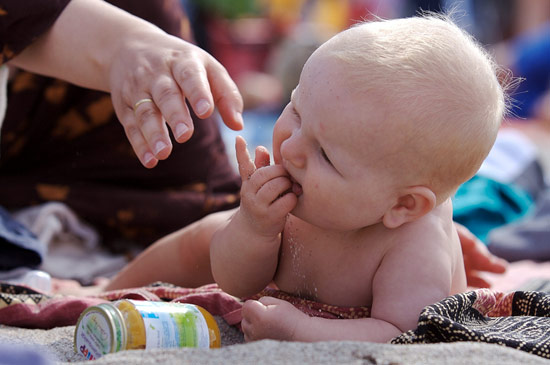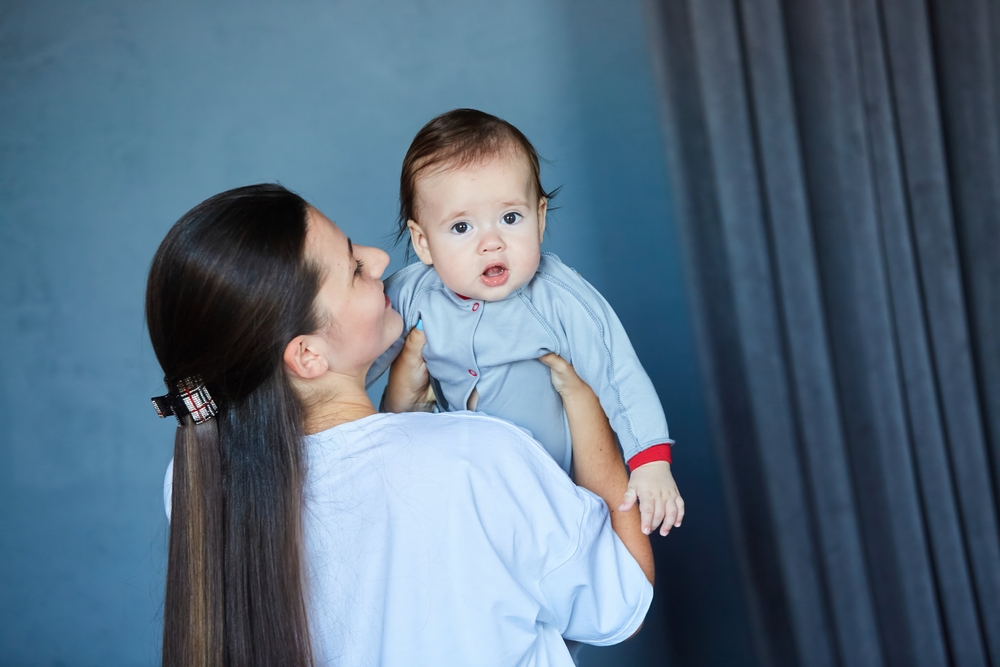Life Stages: Birth
Cultural Challenges
Germany has one of the lowest birth rates in Europe—1.4 births per woman—and can hardly sustain its current population levels. Europe’s largest nation may soon face reduced growth, economic decline, and a disproportionately elderly population.
Germany’s outdated childcare system, inadequate for the population’s current needs, serves as a major stumbling block to reversing the decline in population. Women may also feel torn between the modern idea that women can work alongside men and strong cultural stereotypes that regard women as housewives and childcare providers. Germans casually use the term rabenmutter, which means an uncaring mother, to refer to a woman who has both a child and a full-time job, and the word hausmutterchen, which implies stupidity, to refer to a woman who stays at home and takes care of children. Between the two, modern German women may find it difficult to decide to have children.
The Federal Republic of Germany pays Kindergeld (child-raising benefits) on a monthly basis to families or single parents up until the child’s 18th birthday and, in some cases, until the child’s 27th birthday.
Standard Customs
German mothers swaddle infants in soft blankets. They believe that wrapping the baby simulates the environment of the mother’s womb and has a soothing effect on the baby.
From the end of the 20th century into the early decades of the 21st, the number of hospital deliveries has increased dramatically; only about one percent of births in Germany occur at home, and the improvement in both infant and maternal mortality rates reflects this. German hospitals commonly discharge mother and child soon after hospital delivery and view this early discharge as a sort of compromise between delivery in hospital and delivery at home.
It’s commonly believed that the custom of birthday celebrations for children originated in Germany. Cake, candles, and presents all accompany a German child’s birthday celebration. In some parts of Germany, the family decorates the house and places a special wooden birthday wreath on the dining table. The wreath holds small candles around a taller, beautifully decorated life candle that the family lights each year on the child's birthday until he or she turns 12.
Copyright © 1993—2025 World Trade Press. All rights reserved.

 Germany
Germany 
